

Gautam Sharma
5 Days Ago
Here's how warranty works in a nutshell – and whether you have to service within a dealer network to get it.

Marketplace Journalist
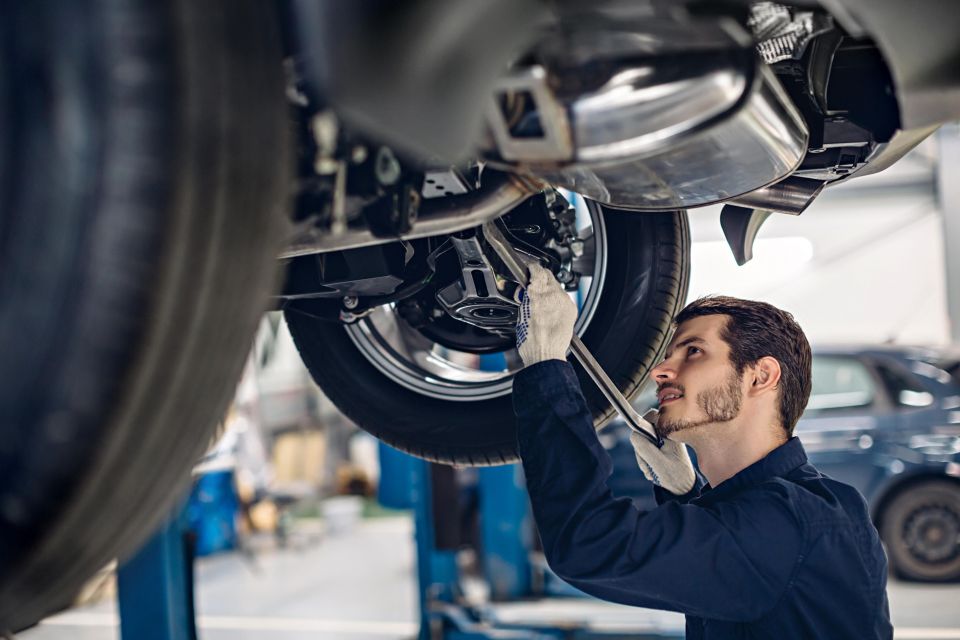

Marketplace Journalist
When it comes to buying a new car, warranty is always an important consideration.
There are a range of warranties offered depending on which manufacturer you’re dealing with, but they’re always included in addition to the automatic consumer rights guaranteed under the Australian Consumer Law.
Generally speaking, a warranty is an outline of the services a dealer will voluntarily provide post-purchase, and it’s usually laid out in line with a certain time period and kilometre limit.
It’s a manufacturer’s promise about a new car and describes what it will do if something goes wrong, while also acting as a guarantee you won’t have to pay for any faults within the warranty period – with some exceptions, of course.
MORE: The best-selling brands in Australia and the warranty they offer

Typically, a car and any accessories fitted in the factory or by dealers are covered by warranty, but it’s a good idea to pay close attention to the warranty document to understand what is covered and what you can claim, as it can vary between brands.
Warranties typically apply to cars in relation to safety, reliability, and roadworthiness, but exclude routine services and maintenance, cosmetic damage, or normal wear on items like tyres and brake pads.
Damage as a result of an accident, misuse of the car, or certain modifications are also not covered.
You can claim repair of unexpected defects that occur within the warranty period, which is usually at least five years with an unlimited kilometre cap.
Some brands like MG and GWM offer a seven-year, unlimited-kilometre warranty, but it’s not unusual to find warranties with shorter time periods or kilometre limits.
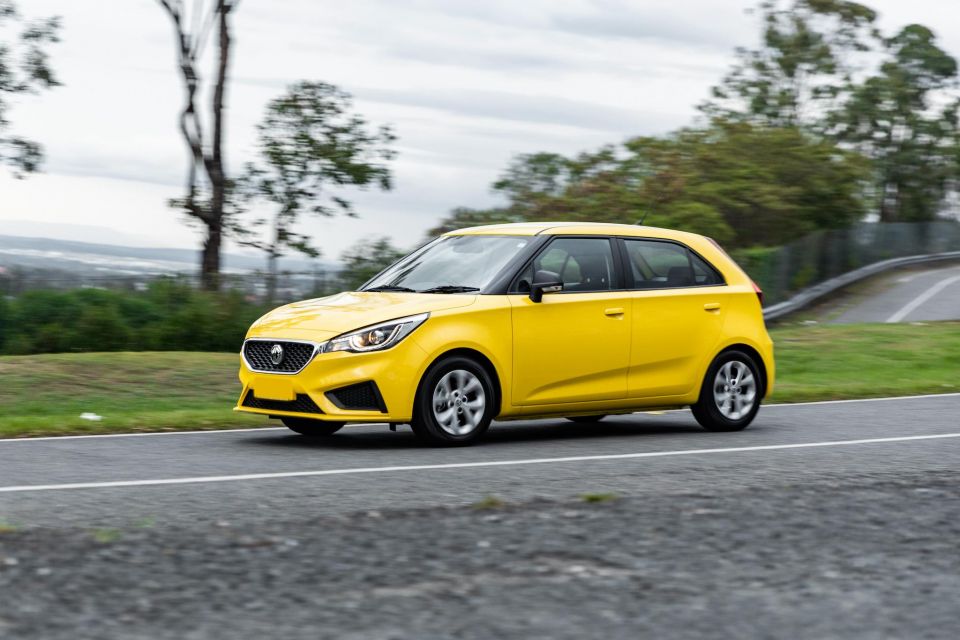
Those limits are most commonly capped at around 100,000km.
When something goes wrong, you can contact your dealer or an authorised mechanic to make a claim for repair under warranty – provided it falls within the manufacturer’s warranty outline.
Consumer Affairs Victoria recommends you take your vehicle to an authorised dealer if repairs are required during the warranty period, as they typically have the equipment and knowledge to best work on your specific car.
The ACCC states manufacturers must scheduled servicing to be carried out by a qualified independent mechanic with no impact on warranty, provided the work is done to the manufacturer’s specifications.
“On the proviso that service work has been performed and the things that need to be changed at the required intervals are addressed, then the warranty is valid,” BMW Melbourne dealer principal Daniel Odman told CarExpert in relation to his brand.
Consumer guarantees cannot be excluded and apply regardless of who services or repairs your car, which include that your new car must be of acceptable quality, match the description provided or demo model, and have spare parts and repair facilities available.
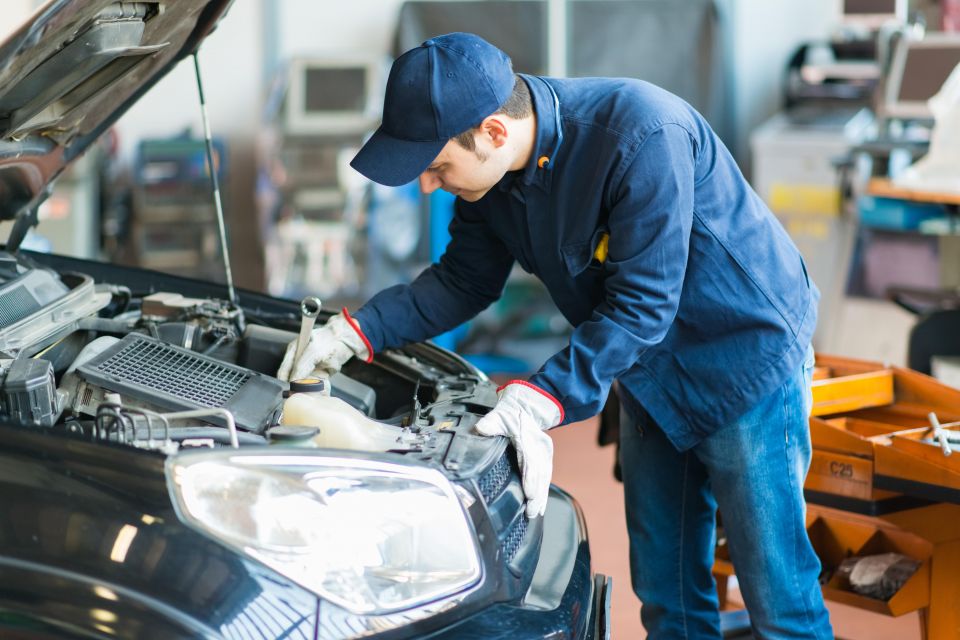
It’s normal for a car owner to contact a dealer to have their car serviced or repaired, but some manufacturers have streamlined – and to a degree, automated – the warranty process.
New BMW cars are fitted with systems that can detect and automatically report faults to the company in real time, who can then proactively contact customers to organise a service or necessary repair.
Mr Odman said the company was aware of each vehicle’s ongoing condition, and there was constant communication between the dealership and BMW headquarters to resolve issues as they arise.
“If there’s a problem, we put it on the diagnostics here and it’s all communicated with the team at Mulgrave [headquarters]. They know exactly what our guys have identified,” he said.
“From a guest’s perspective, it’s really seamless. Everything’s handled between the dealership and Mulgrave, and the guests just know their car’s getting fixed and repaired.”

Though in-car monitoring can streamline the warranty process, most warranty claims originate from issues found during scheduled servicing.
In that case, the customer is notified and warranty work can be carried out at no extra cost.
At the time of purchase you may also have the option to pay for extended warranty, which is usually sold separately and applies for a specified time once the manufacturer’s warranty expires.
It’s important to read the extended warranty documents carefully to make sure it provides value for money and provides more than what you automatically receive under the consumer guarantees.
Max Davies is an automotive journalist based in Melbourne, Australia. Max studied journalism at La Trobe University and stepped into the automotive world after graduating in late 2023. He grew up in regional Victoria, and with a passion for everything motorsport is a fan of Fernando Alonso.


Gautam Sharma
5 Days Ago
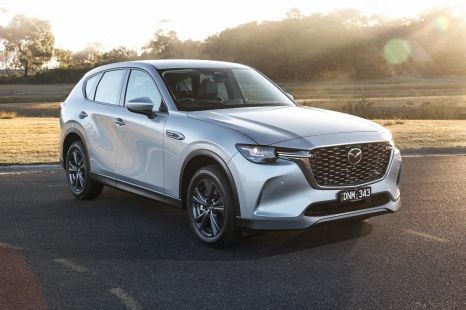

Josh Nevett
3 Days Ago


William Stopford
3 Days Ago


James Wong
1 Day Ago
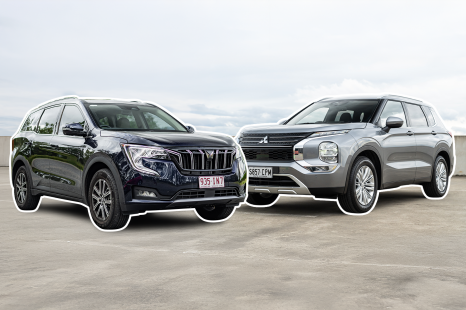

Andrew Maclean
16 Hours Ago
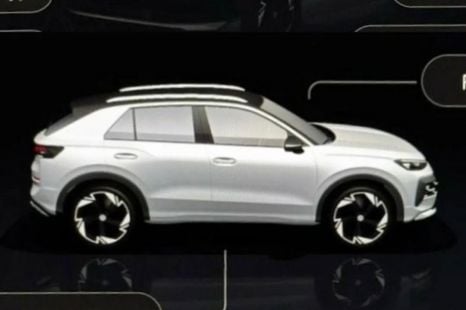

James Wong
9 Hours Ago